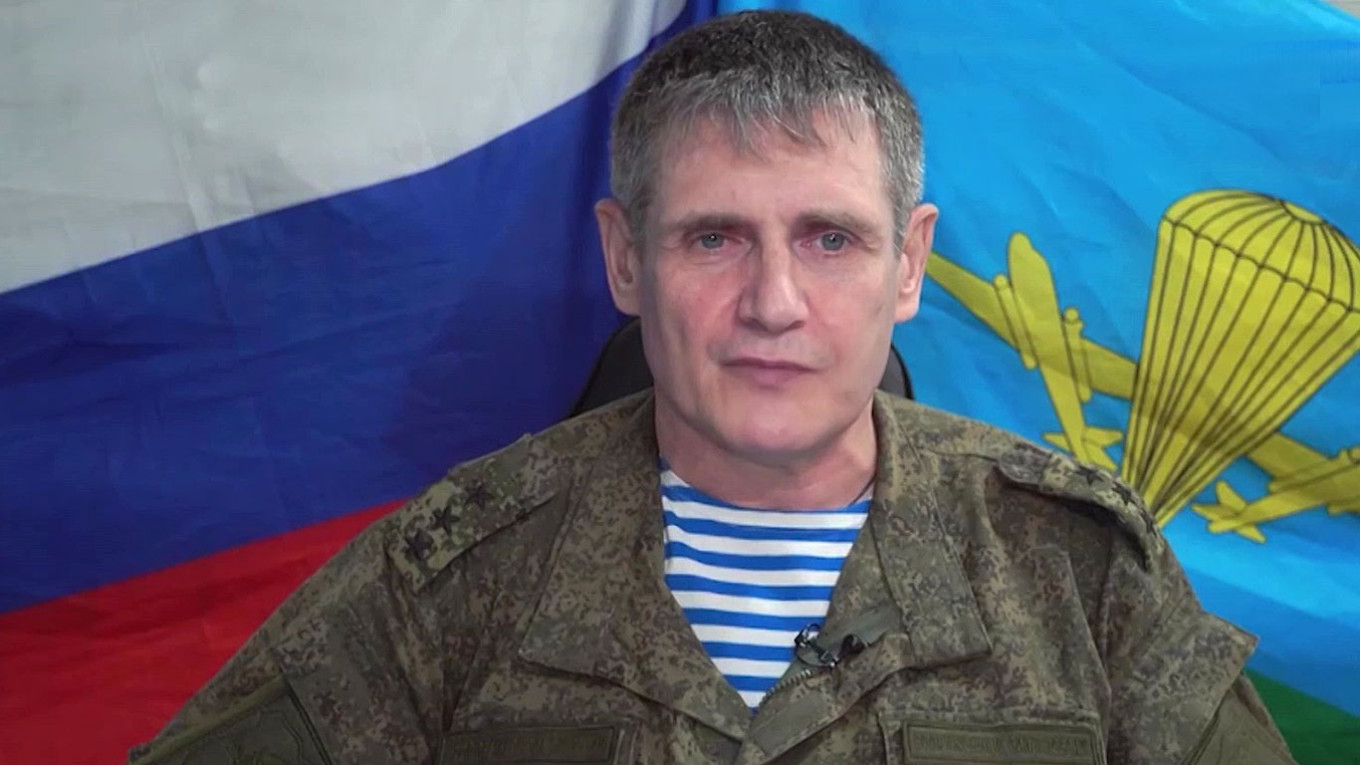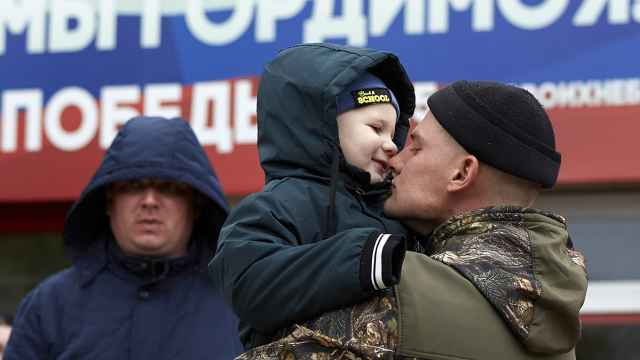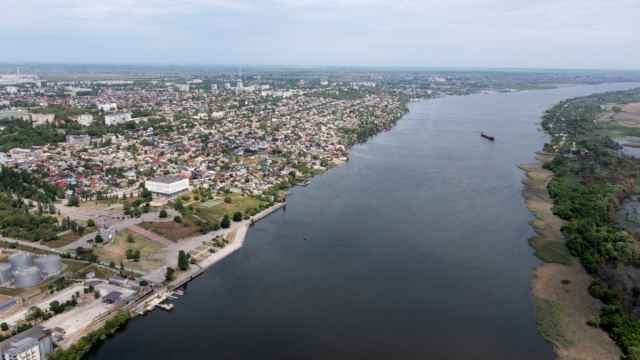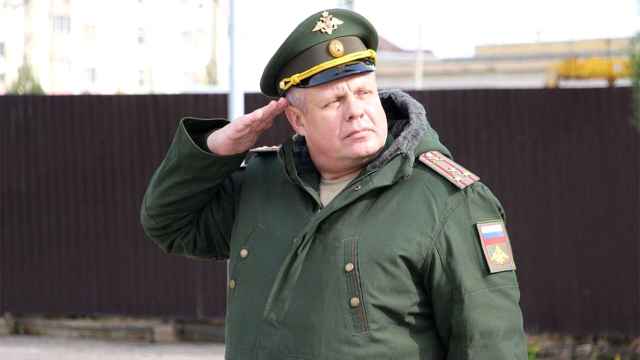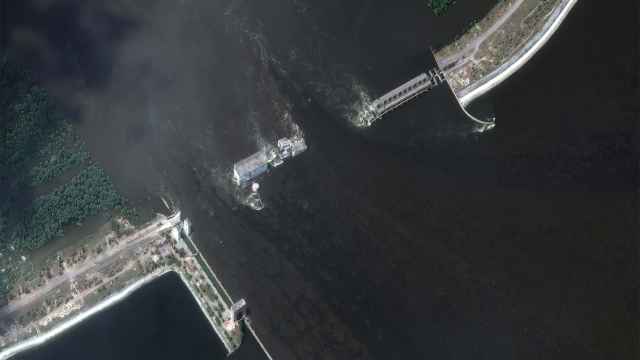President Vladimir Putin has replaced the commander of Russia's Dnipro grouping of forces in southern Ukraine, the state-run news agency TASS reported Monday, citing an anonymous source.
Colonel General Mikhail Teplinsky, who served as the head of the Russian Airborne forces, was reportedly named commander of the Russian Army in southern Ukraine's partially occupied Kherson region.
Teplinsky replaced Colonel General Oleg Makarevich, who was sacked over providing false reports to his superiors, according to Vladimir Rogov, a Kremlin-backed official in the Kherson region.
“The results on the ground did not correspond to the information delivered by the Dnipro group’s [previous] command,” Rogov wrote on the messaging app Telegram.
He said the reshuffle followed Putin’s recent visit to the army command’s headquarters in the southern city of Rostvov-on-Don, which oversees Russia's military operations in its war against Ukraine.
Rogov also linked Teplinsky’s promotion to the increasingly fierce fighting in the Kherson region, which is located north of annexed Crimea.
“The enemy has recently increased combat activity in this part of the southern front, crossing to our side of the Dnipro River and trying to create bridgeheads there for attempts to attack the area of Crimea,” Rogov said.
Teplinsky served as the deputy to Army Chief of Staff Valery Gerasimov, who heads the command headquarters in Rostov-on-Don.
Teplinsky landed in hot water back in August when he disclosed the number of airborne troops wounded since Russia's February 2022 invasion of Ukraine during an address marking Paratroopers’ Day.
In April, Putin gifted Teplinsky an Orthodox icon during a rare visit to the Russia-controlled area of the Kherson region.
Russian forces have maintained control over the eastern parts of Ukraine's Kherson region since withdrawing from the regional capital last fall.
A Message from The Moscow Times:
Dear readers,
We are facing unprecedented challenges. Russia's Prosecutor General's Office has designated The Moscow Times as an "undesirable" organization, criminalizing our work and putting our staff at risk of prosecution. This follows our earlier unjust labeling as a "foreign agent."
These actions are direct attempts to silence independent journalism in Russia. The authorities claim our work "discredits the decisions of the Russian leadership." We see things differently: we strive to provide accurate, unbiased reporting on Russia.
We, the journalists of The Moscow Times, refuse to be silenced. But to continue our work, we need your help.
Your support, no matter how small, makes a world of difference. If you can, please support us monthly starting from just $2. It's quick to set up, and every contribution makes a significant impact.
By supporting The Moscow Times, you're defending open, independent journalism in the face of repression. Thank you for standing with us.
Remind me later.


